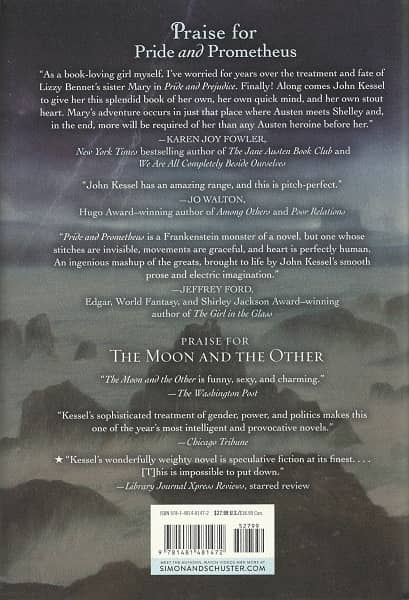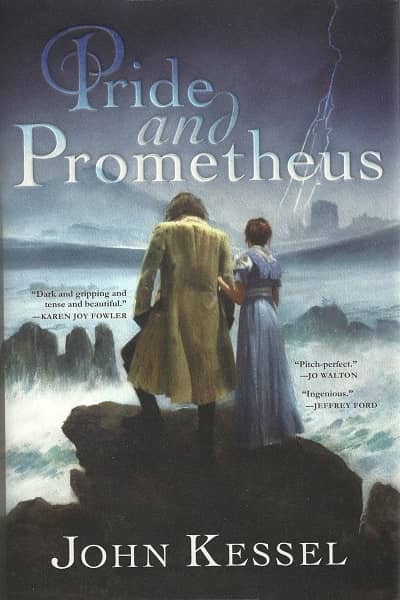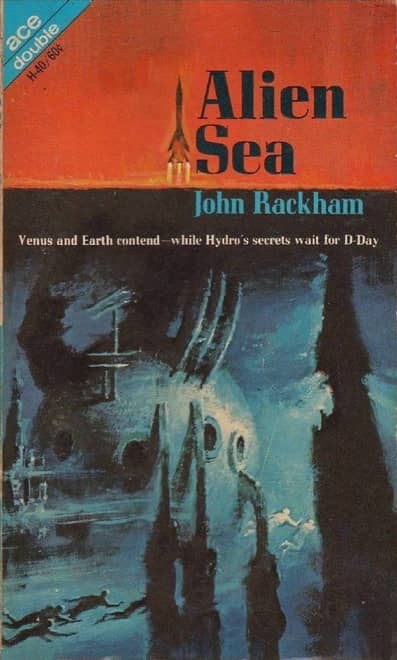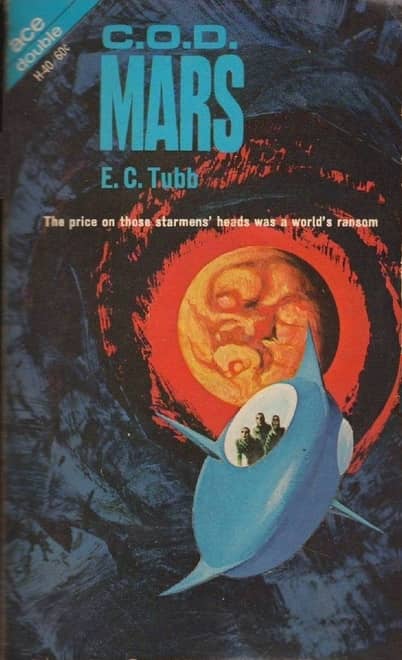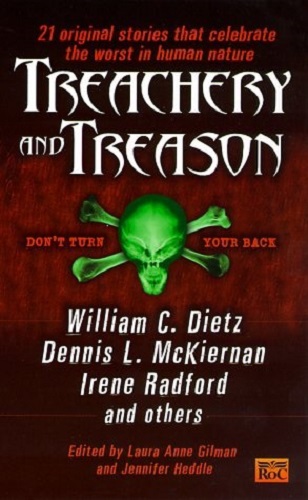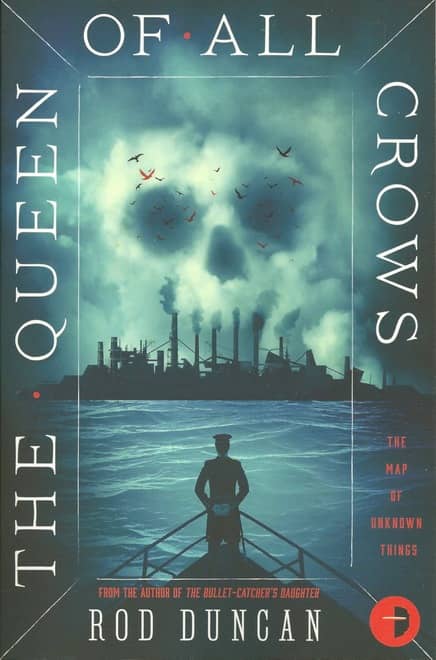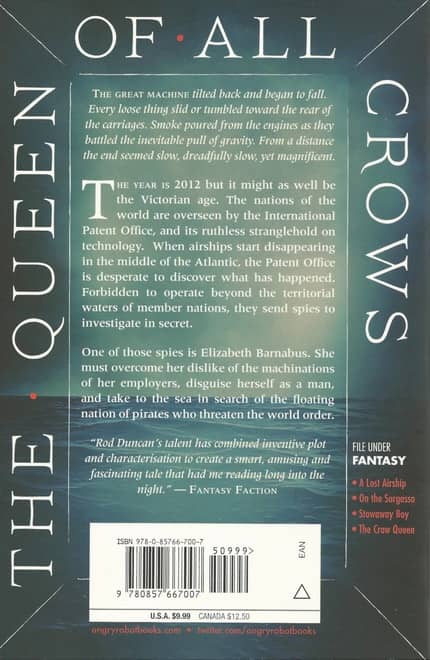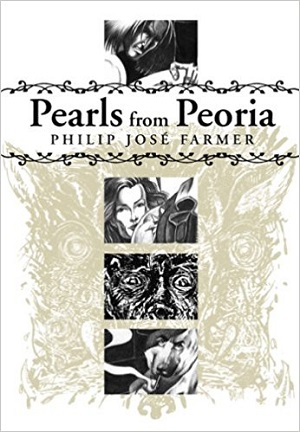Birthday Reviews: Parke Godwin’s “The Night You Could Hear Forever”
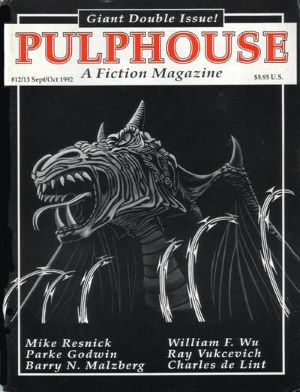
Parke Godwin was born on January 28, 1929 and died on June 19, 2013. He received the World Fantasy Award in 1982 for his novella The Fire When It Comes. Godwin published the Arthurian novels Firelord, Beloved Exile, and The Last Rainbow as well as the Robin Hood novels Sherwood and Robin and the King. His Snake Oil series was a religious satire. He co-wrote the novels The Masters of Solitude and Wintermind with Marvin Kaye.
“The Night You Could Hear Forever” has only appeared in its original publication, the September/October 1992 issue of Pulphouse: A Fiction Magazine, edited by Dean Wesley Smith.
“The Night You Could Hear Forever” isn’t really a science fiction story, except in the way it describes the way people use technology. Its viewpoint character is located in Truckee, California and when he can’t sleep at night, he signs onto his ham radio equipment.
On the night Godwin describes, the atmospheric conditions are perfect and he is able to connect with other ham operators located in New Jersey, Utah, and Mississippi, each of whom are known to each other on the radio, but not in person, and only by the names of their states. In many ways, their relationship mirrors many relationships people now have online. Although the characters all have very different political views and backgrounds, they are able to remain friends, even as they disagree.
Unlike the online medium, using their voices allows them to get additional context and humanizes them. As they discuss the problems with the state of the country, they are joined by a new voice, from Maryland, who has not joined their nightly rap sessions, although Utah thinks the voice is familiar. Today’s world is mirrored in this story, although the technology has changed tremendously. The internet, however, causes anonymity without the sound of voices and inflection, so the friendship Godwin’s characters have managed to build despite their differences seems rarer in the modern era.
